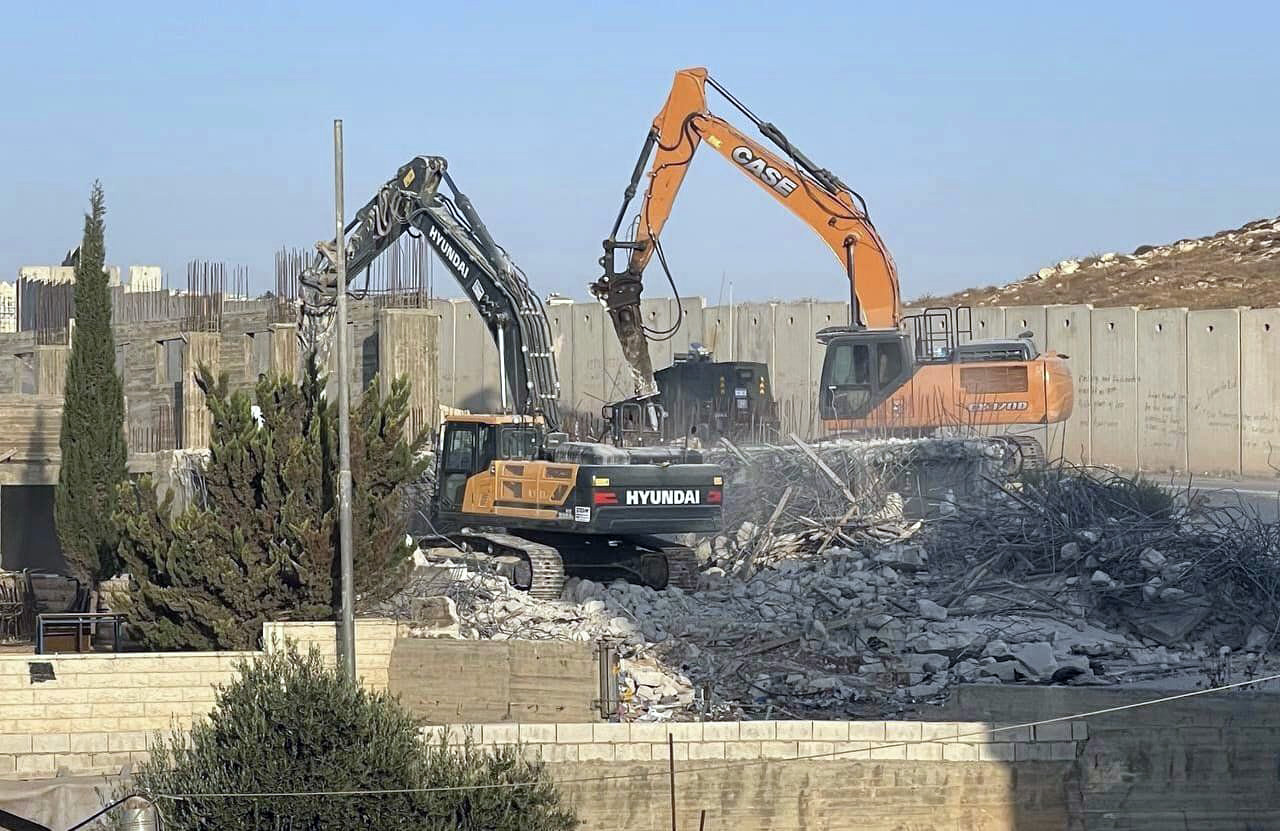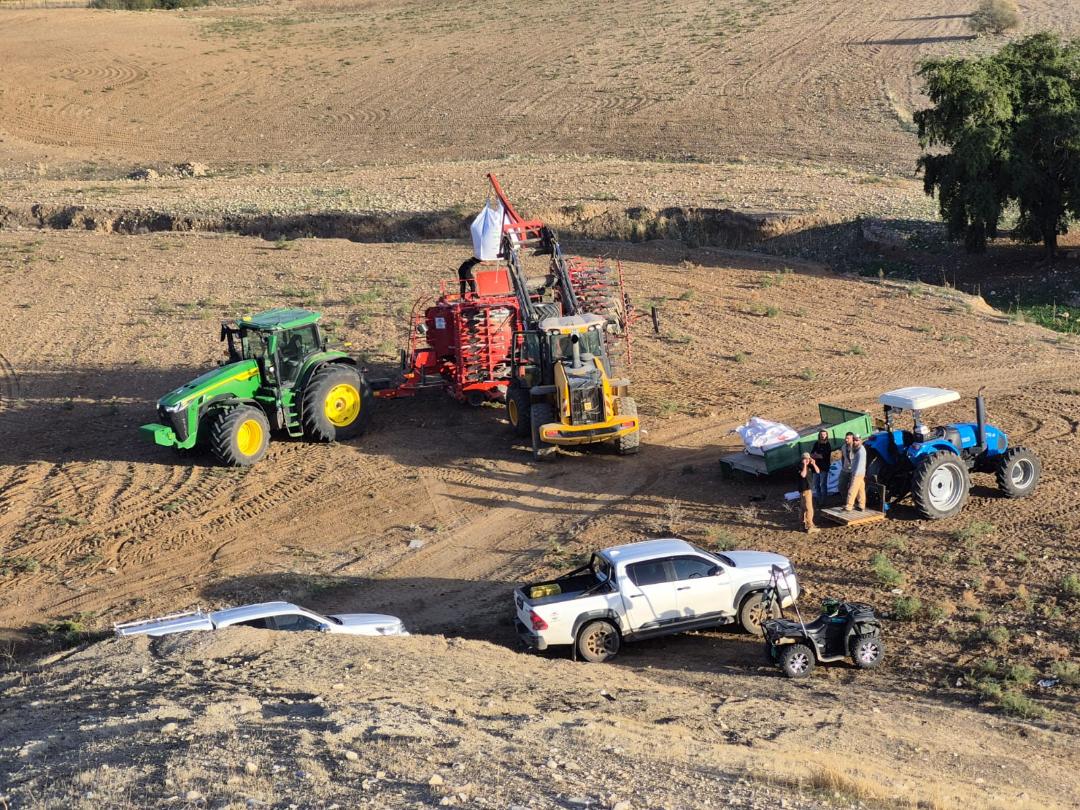NEW YORK, Tuesday, May 7, 2024 (WAFA) – Amid ongoing uncertainty about a ceasefire in Gaza and an escalation of the military operation in Rafah, UN aid agencies expressed deep concerns on Tuesday that the two main access points into the enclave remained closed, while families are scared and “hanging on psychologically and physically by a thread”.
“We currently do not have any physical presence at the Rafah crossing as our access to go to that area for coordination purposes has been denied by COGAT,” Jens Laerke, spokesperson for the United Nations Office for the Coordination of Humanitarian Affairs (OCHA), said. “So that means that currently the two main arteries for getting aid into Gaza have been choked off.”
Laerke further warned that existing humanitarian stocks in Gaza could be expected to last no more than about a day. He also noted that Rafah is the only entry point for fuel, without which generators, trucks and communications equipment cannot function. “If no fuel comes in for a prolonged period of time, it would be a very effective way of putting the humanitarian operation in its grave,” he continued, noting that Rafah “is in crosshairs”. The Israeli occupation army “is ignoring all warnings about (what) this could mean for the humanitarian operation across the Strip.”
Echoing those concerns, the UN Children's Fund (UNICEF) insisted that a military assault on Rafah would massively complicate aid delivery. "It is hard to see if (Rafah) closes for an extended period, how aid agencies avert famine across the Gaza Strip...families' coping capacity has been smashed. Families are hanging on psychologically and physically by a thread. I do not remember meeting a single family - and I met scores - who hadn't lost a home a loved one or both," UNICEF's spokesperson James Elder said.
Meanwhile, UN humanitarians have issued new data confirming the war's major, negative impact on women and girls sheltering in Rafah.
According to UN Women, more than nine in 10 women interviewed in the southernmost governorate reported feelings of indescribable fear; while over half said they had medical conditions needing urgent attention.
“Women and girls in Rafah, as in the rest of Gaza, are in a state of constant despair and fear already,” the UN agency said, adding that an Israeli ground invasion would have cause further suffering among Rafah’s 700,000 women and girls who have “nowhere to go to escape the bombing and killing”.
The UN agency’s survey of 360 respondents including 182 women in Rafah revealed disturbing data that more than six in 10 pregnant women reported complications, including 95 per cent with urinary tract infections and 80 per cent with anaemia. In households with nursing mothers, 72 per cent reported challenges in breastfeeding and in meeting the nutritional needs of their babies.
The UN agency data indicated that mothers also reported struggling to protect their children, both physically and mentally, while living in tents and overcrowded households.
According to eight in 10 of the survey’s female and male respondents, mothers now take on more responsibility than men to provide emotional support for adult family members and children alike.
In the last 24 hours, the Israeli occupation army stormed the Palestinian side of the Rafah border crossing, the sole crossing and travel point between Gaza and Egypt, in the southern war-torn coastal enclave.
This has resulted in halting all aid deliveries to the Strip and prevented anyone in the Strip from travelling. Thousands of Palestinians waiting for their turn to leave Gaza through the Rafah border crossing are now trapped in the besieged war-torn coastal enclave.
This came after the Palestinian factions announced that they accepted a Qatari-Egyptian ceasefire proposal for Gaza. However, the Israeli government has rejected the ceasefire proposal.
Brought before the International Court of Justice for genocide against Palestinians, Israel has been waging a devastating war on Gaza since October 7, killing at least 34,789 Palestinians and injuring over 78,204 others.
Moreover, at least 7,000 people are unaccounted for, presumed dead under the rubble of their homes throughout the Strip.
Palestinian and international organizations say that the majority of those killed and wounded are women and children.
The Israeli aggression has also resulted in the forceful displacement of nearly two million people from all over the Gaza Strip, with the vast majority of the displaced forced into the densely crowded southern city of Rafah near the border with Egypt – in what has become Palestine’s largest mass exodus since the 1948 Nakba.
K.F.










